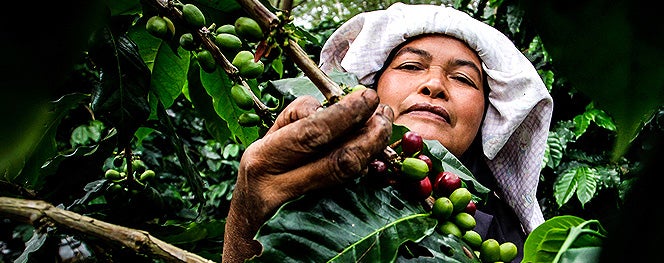About Indonesia

After a long and tumultuous history of colonization and internal conflict, Indonesia finally transitioned into democracy in the late 1990s, ushering in a period of political, economic and social reforms. While largely a harmonious multi-ethnic population, sectarian violence has caused instability, and natural disasters, such as the 2004 tsunami, have ravaged the country and rising radicalism has threatened peace and stability.
The Government of Indonesia has made various efforts to push forward women’s human rights. It is further promoted through the ratification of CEDAW as the legal basis for eliminating all kinds of discrimination against women, enacted a 2004 special legislation on domestic violence, issued a Presidential Decree in year 2000 which obliges all Government bodies to mainstreamed gender into planning and budgeting processes and forced a 30 per cent quota for women in parliament through 2012 law on general election.
Despite progress, gender inequalities remain a critical issue in Indonesia. The challenges to gender equality remain in discriminatory attitudes which prevent women from exercising their rights, limited access to justice, women’s participation as negotiators in conflict situation is brushed aside, and despite the General Election Law, women’s participation in parliament is far below the quota. In addition, women and girls continue to faced violence, harassment, and harmful traditional practices.